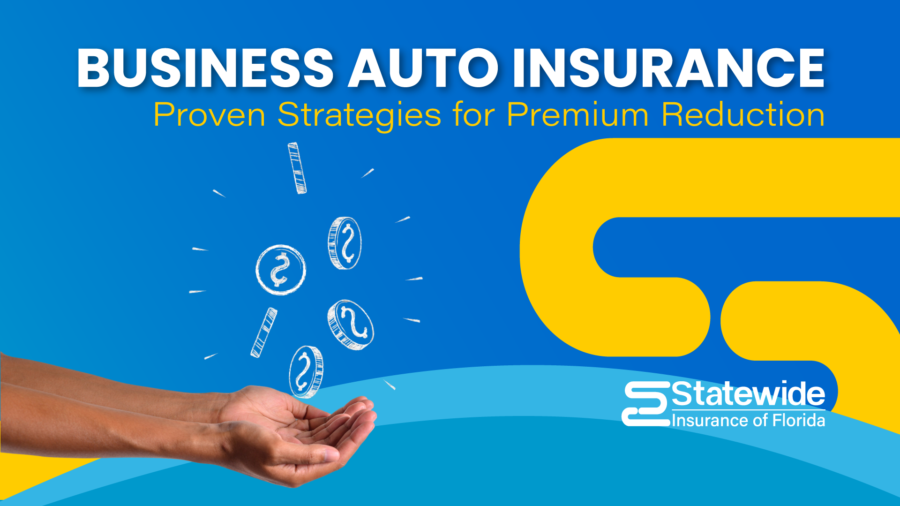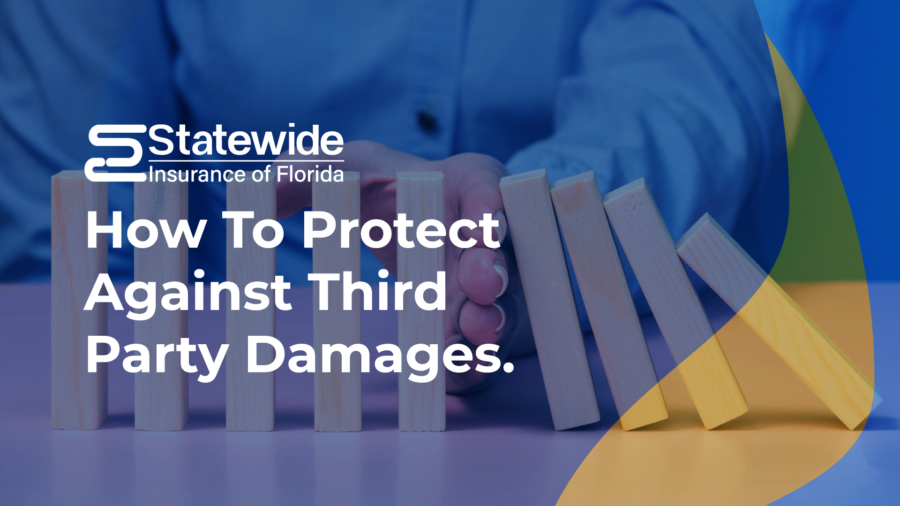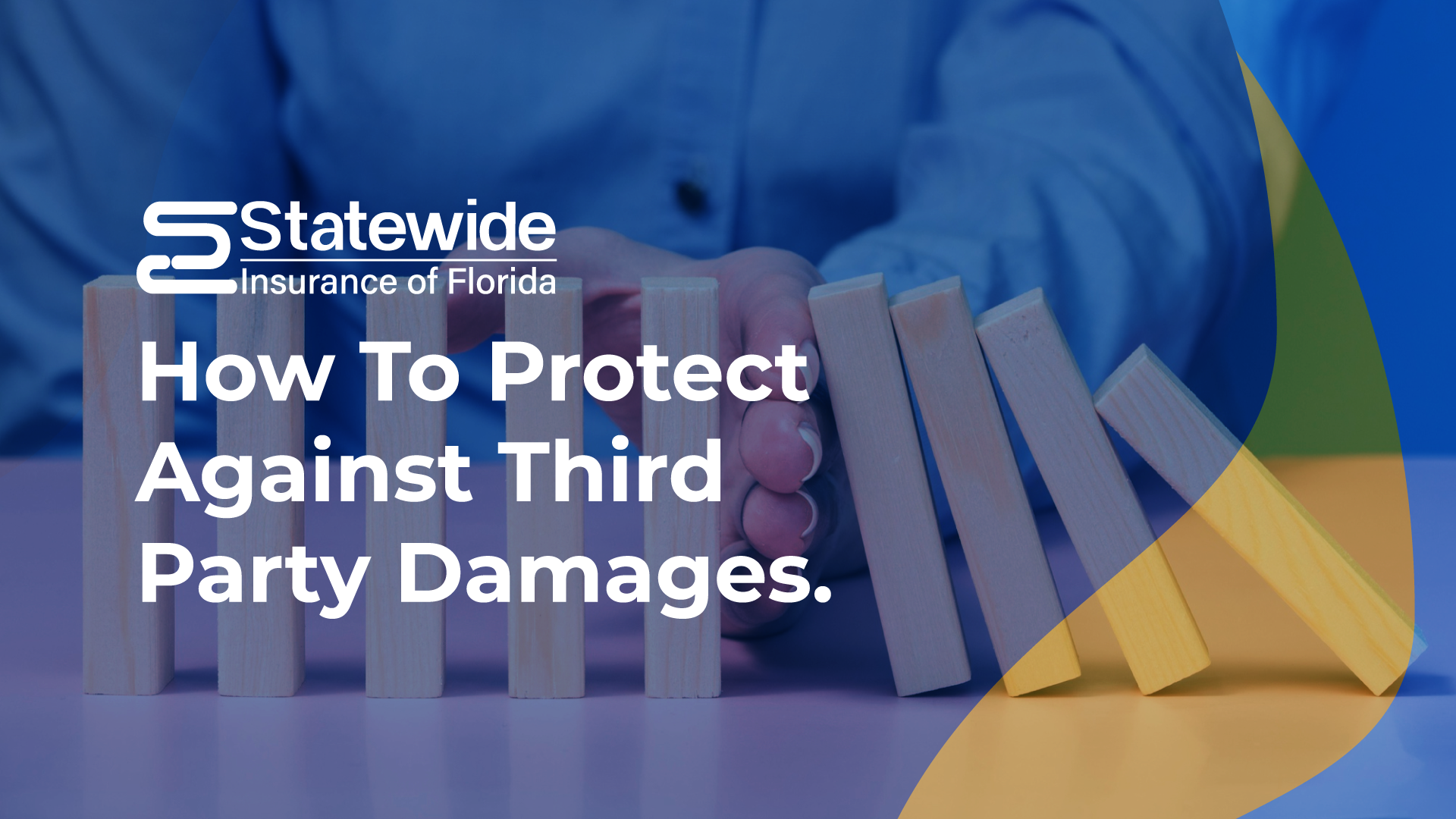Understanding Umbrella Insurance: Comprehensive Coverage for Peace of Mind
Ever wonder what would happen if your regular insurance coverage wasn’t enough? That’s where umbrella insurance steps in. It’s a type of insurance that provides additional liability coverage beyond the limits of your existing policies. In today’s world, where lawsuits and accidents are common, having umbrella insurance can be a lifesaver.
The Basics of Umbrella Insurance
Definition and Purpose
Umbrella insurance is designed to protect you from major claims and lawsuits, providing additional liability coverage above your homeowners, auto, or other personal insurance policies. It’s like having an extra layer of financial security.
Who Needs Umbrella Insurance?
Anyone can benefit from umbrella insurance, especially those with significant assets, high net worth, or a public presence. However, even individuals without substantial wealth may find it useful if they face risks that could lead to expensive lawsuits.
How Umbrella Insurance Works
Coverage Limits Explained
Umbrella insurance typically starts with coverage limits of $1 million and can go much higher. It kicks in when the liability limits of your other policies are exhausted, offering broader protection.
How It Supplements Other Insurance Policies
For example, if you’re involved in a car accident and the damages exceed your auto insurance limits, umbrella insurance can cover the remaining costs. It extends beyond just car insurance; it also covers incidents related to your home and other personal activities.
Types of Coverage Provided
Personal Liability
Umbrella insurance covers personal liability, which includes bodily injury, property damage, and personal injury (like defamation).
Property Damage
It helps cover the costs if you’re responsible for damaging someone else’s property.
Legal Fees and Costs
Legal expenses can add up quickly, but umbrella insurance can cover these costs, including attorney fees and court costs.
Other Coverages
Depending on the policy, it may also cover things like false arrest, libel, slander, and even some business-related liabilities.
Common Scenarios Where Umbrella Insurance is Useful
Accidents at Home
If someone gets injured at your home, your regular homeowner’s policy might not cover all the costs. Umbrella insurance can help fill the gap.
Auto Accidents
Auto accidents can lead to significant financial liabilities, especially if multiple parties are involved. Umbrella insurance can cover excess costs.
Personal Injury Claims
This includes lawsuits for slander, libel, or defamation, which are becoming increasingly common.
Lawsuits and Defamation
In today’s digital age, defamation lawsuits are on the rise. Umbrella insurance can protect against these claims.
The Benefits of Having Umbrella Insurance

Financial Protection
Umbrella insurance provides financial protection against large claims and lawsuits, safeguarding your assets.
Peace of Mind
Knowing you have additional coverage can give you peace of mind, allowing you to live your life without constantly worrying about potential liabilities.
Broad Coverage for Various Situations
Umbrella insurance offers broad coverage, protecting you in many different situations that standard policies might not cover.
Determining the Right Amount of Coverage
Assessing Your Risk
Consider factors like your assets, income, and potential liabilities when determining the amount of coverage you need.
Evaluating Assets and Potential Liabilities
Review your current assets and potential future earnings to ensure they’re adequately protected.
Consulting with an Insurance Professional
An insurance professional can help you assess your needs and recommend the right amount of coverage.
Cost of Umbrella Insurance
Factors Influencing Premiums
Premiums are influenced by factors like the amount of coverage, your risk profile, and your insurance history.
How to Get the Best Rates
Shop around, bundle policies, and maintain a good insurance record to get the best rates.
Who Should Consider Umbrella Insurance?
High Net-Worth Individuals
People with significant assets should consider umbrella insurance to protect their wealth.
Business Owners
Business owners face unique risks and can benefit from the additional coverage umbrella insurance provides.
Families and Homeowners
Families, especially those with teenage drivers or swimming pools, may find umbrella insurance particularly valuable.
Anyone Concerned About Potential Lawsuits
If you’re concerned about the possibility of being sued, umbrella insurance is a smart investment.
How to Purchase Umbrella Insurance
Bundling with Other Policies
Bundling umbrella insurance with your existing policies can often lead to discounts.
Choosing the Right Insurance Provider
Look for a provider with a strong reputation and good customer service.
Common Myths and Misconceptions
“Umbrella Insurance is Only for the Wealthy”
This is a common misconception; umbrella insurance can benefit anyone, not just the wealthy.
“It’s Too Expensive”
While costs vary, umbrella insurance is often more affordable than people think, especially considering the coverage it provides.
“I Already Have Enough Insurance”
Your existing policies may not cover everything, especially in severe cases. Umbrella insurance provides additional protection.
Real-Life Examples of Umbrella Insurance in Action
Case Study: Auto Accident
A driver was involved in a severe accident, and the damages exceeded their auto insurance limits. Umbrella insurance covered the remaining costs, protecting the driver from financial ruin.
Case Study: Homeowner Liability
A guest slipped and fell at a homeowner’s party, leading to a costly lawsuit. Umbrella insurance covered the legal fees and settlement, saving the homeowner from a financial crisis.
FAQs About Umbrella Insurance
What Does Umbrella Insurance Not Cover?
It doesn’t cover intentional damage, business-related liabilities, or certain specific exclusions outlined in the policy.
Can It Cover Business Liabilities?
Typically, umbrella insurance does not cover business liabilities unless explicitly stated in the policy.
How Is It Different from Excess Liability Insurance?
Excess liability insurance extends the limits of specific policies, while umbrella insurance provides broader coverage across multiple policies.
Umbrella insurance is a valuable tool for protecting your assets and ensuring peace of mind. Whether you’re concerned about potential lawsuits or simply want to safeguard your financial future, umbrella insurance offers comprehensive coverage that can help you sleep easier at night. Don’t wait until it’s too late; consider adding an umbrella policy to your insurance portfolio today.
—
FAQs
What is the typical cost of umbrella insurance?
The cost varies based on factors like the amount of coverage and your risk profile, but it typically ranges from $150 to $300 per year for $1 million in coverage.
How do I know if I need umbrella insurance?
If you have significant assets, engage in high-risk activities, or simply want extra protection, umbrella insurance is worth considering.
Can I add umbrella insurance to my existing policies?
Yes, many insurance providers offer umbrella policies that can be added to your existing coverage.
Does umbrella insurance cover international incidents?
It depends on the policy. Some umbrella policies offer coverage for incidents occurring outside the United States.
















